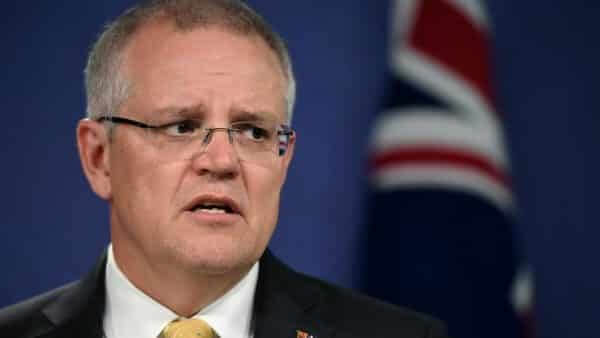It was on 11 March 2020 that the World Health Organization (WHO) declared COVID-19 a pandemic. By that date, the coronavirus which had originated in Wuhan, China, had spread to over 110 countries infecting over 118,000 people. The concerns of WHO were justified.
Today there are 107 million cases reported globally, with 2,335,308 people dead from this virus. Leading these statistics is the United States, with over 27.5 million cases and 476,000 dead (1.85 per cent of cases).
India has had 11,000,000 reported cases with 156,000 dead (1.4 per cent of cases); Brazil reported 9,550,000 cases with 2.4 per cent dead, and Russia documented 4,000,000 cases with 1.7 per cent dead. UK has a death rate of 2.82 per cent of its reported cases. India has far fewer deaths – but also one of the lowest testing rates (145,000 per million people).
Australia has had 28,857 cases reported with 909 deaths. At 3.15 per cent, the death rate is a full percentage point above the global average. Eventually analysis will be undertaken as to why an island country such as ours got it so wrong, and why we punched much above our weight in an area we did not want.
COVID-19 also tested our politicians, and our faith in politics. One remarkable political fatality, Donald Trump, could not articulate or lead with a plan on to tackle the virus. The debate is on whether Trump would have lost the 2020 elections were it not for COVID-19. Other authoritarian leaders like Russia’s Vladimir Putin and Brazil’s Jair Bolsonaro both led from behind on this issue. Indian leadership had a peculiar way of handling the virus, with chants and drums to drive it away.

Australia moved fast to close its international borders, but individual states erred with lapses in implementation of the isolation strategy. The infamous Ruby Princess cruise ship and then lax hotel quarantine issues exposed local communities to the virus. Knowing that this was a no-win situation, the Federal government sat this one out, while allowing the States to make their own decisions. As expected, the states split along party lines, with the Labor states more draconian in their love for the nation. (One premier even stated he would open his state’s borders only when the coronavirus was eradicated.)
The Australian share market hit a low of 4,403 points early, on 23 March. Media predicted gloom and doom, and many investors pulled their investments out from the plunging markets. The share markets defied all pundits, and fuelled by cheap credit and new opportunities emerging in tech stocks, the All Ords now stands at 6,850 points, up about 55 per cent from its low points. It just reminds one that it is time in the market which works, not timing the market.
The shining stars have been the frontline workers who worked long hours at testing sites while scientists scrambled to understand what the virus was all about. Pharma companies threw all their might towards finding a vaccine, and began rolling them out in under a year.
As the Australian rollout begins – after many other countries – we’re seeing some hesitation in our own Indian-Australian community. Is it the quick turnaround or seemingly insufficient testing of the vaccine? Whatever the case, at this point in time, better strategy and leadership are needed to allay such concerns.
READ ALSO: COVID vaccine: Q&A with Dr Vyom Sharma




